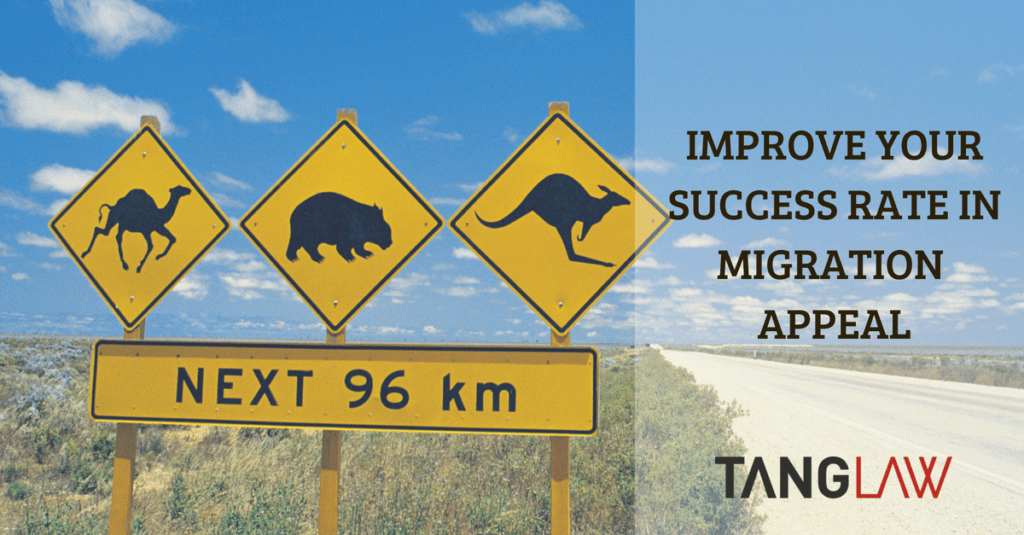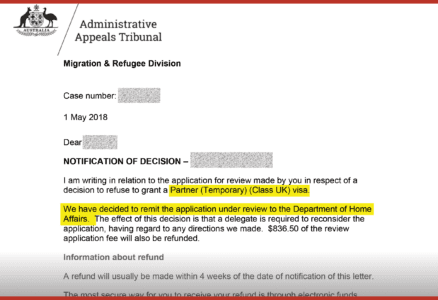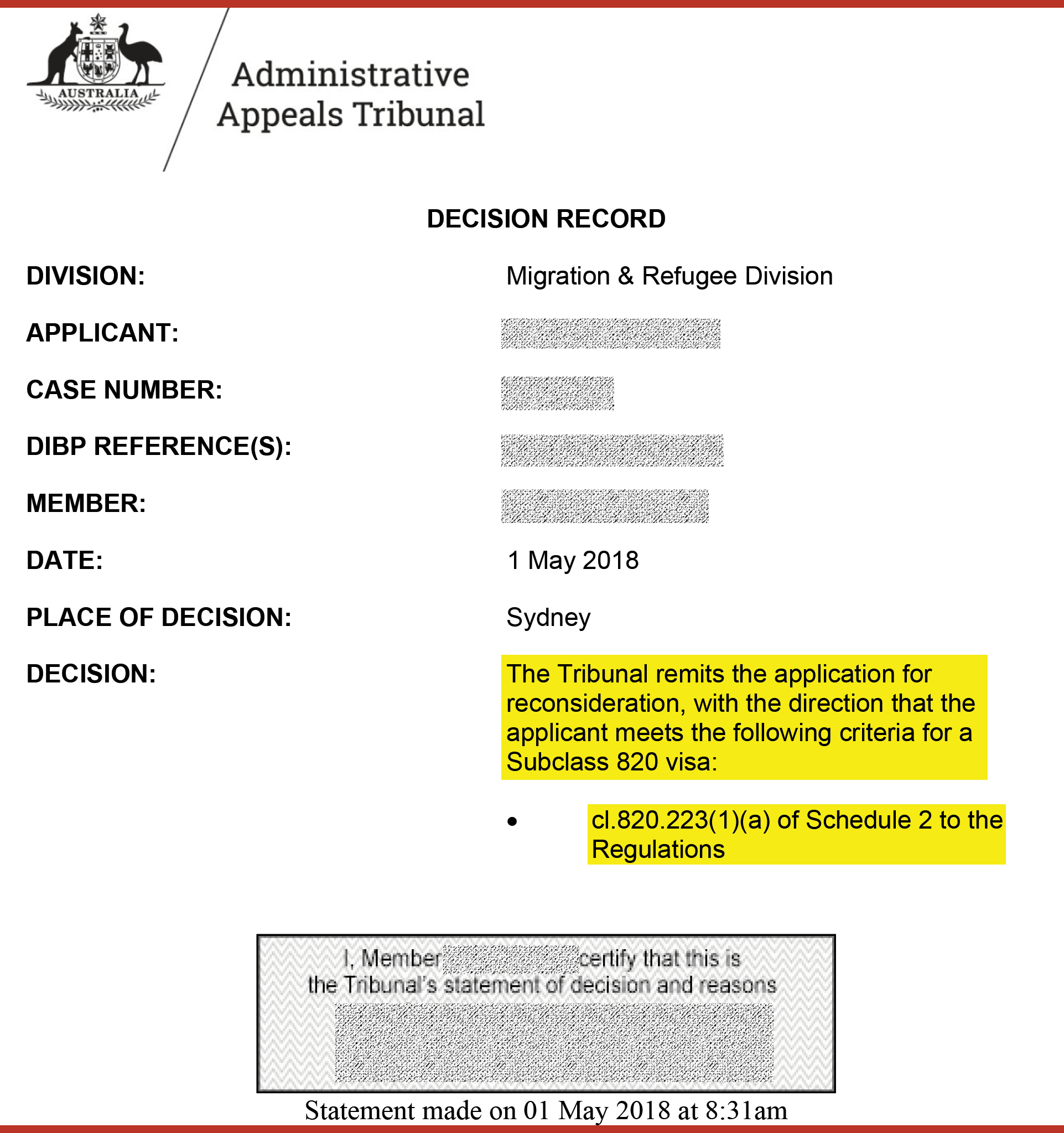Who Doesn’t Have a Will?
Incredibly, more than 40% of Australian does not have a valid Will.
If you die without a will, in legal term it is called “intestate”, you lose control of who will inherit your assets. The Government decides as to the distribution of your estate.
You could spend a lifetime creating assets, but these assets may not be distributed to the ones you love unless you have a proper estate plan in place.
Without a will, your potential beneficiary (who could be any one related to you) will have to put your estate through a tedious and slow-moving process in the court in order to help you distribute your assets.
Why Do People Not Have a Will?
Some of the common reasons why people do not have a Will:
- They are too busy and “just haven’t gotten around to making one”
- They feel that making a Will wasn’t urgent
- Some don’t think they even need a Will
- They don’t want to think about death
None of these reasons will be justified if you think about your loved ones and the hassles they have to go through if you die without a proper estate plan:
How could your loved ones possibly know what you want for them?
Do they know what to do or where to begin?
Would they feel you actually do not really care about them?
Especially if you are going through or have recently gone through a life stage changes (such as having children, getting organised, cohabitation, and buying or selling your house or business), you need to get your estate plan organised (or re-organised) and your Will made (or re-made) in order to reflect your current intentions and circumstances.
There is no reason to delay; making an estate plan can be very straight forward. Do seek advice from your financial and legal advisors for professional assistance.
Five Things You Must Know About Having an Estate Plan
Here are FIVE (5) IMPORTANT things you must know about having a proper estate plan:
1. Take Control of Your Hard-Earned Estate
You have worked hard for your assets, you should control over what happens to your assets in the event of death.
You have spent a lot of time accumulating wealth and assets, it is only logically to spend adequate time planning:
- How you wish to deal with your assets – who and what to gift, is there any person you want to exclude;
- Who should you entrust to carry out your wishes;
- Who can look after your financial affairs and your personal wellbeing if you become incapable of looking after yourself. To do this, you will need an enduring power of attorney and/or an enduring power of guardianship;
- What is the best way to plan your succession and exit strategy with minimum tax implications on your hard-earned assets;
- If you have huge liabilities attached to your estates, how to pay off these liabilities upon your death or when you are no longer capable of making decisions; etc.
TIPS: Be clear about what you want to do with your estate, who you want to look after and how, and be pro-active in seeking help from professional advisors. They should be able to guide you through the process and make it simple for you.
2. Avoid Your Family Getting Into Costly Disputes
Disputes are very common between family members, partners (including ex-partners), and extended family, especially where there are complex family situations such as blended families, large estates, estates with no close family to benefit, and poor interpersonal relationship within a family.
Studies carried out in Australia have found that estate contestations are commonly driven by exclusions and significant disparity in distribution, and the success rate in family provision claims are very high indeed. More of this in our next article, volume no. 2, “Success Rate in Contesting a Will”.
One of the main purposes of having a proper estate plan is to avoid your family members somehow get intertwined into very costly disputes. It is very likely that costs of disputes will be paid from your hard-earned estate.
The saddest thing is, it will be extremely difficult for your family members to repair the damage done to their relationships after being intertwined into legal disputes. This is precisely what you want to avoid.
TIPS: Appoint an independent professional person as executor and trustee. An independent executor will be impartial in administering your Will. This will help reduce the risk of your beneficiaries from suspecting (and become estranged to) an executor and trustee who is also a family member. You also need to have a clear strategy when planning your estate in order to reduce risk of contestation. Strategies could include thorough considerations and identification of potential risks, adequately deal with each risk item, etc. For instance, if you wish to specifically exclude a person from contesting your Will for provision, you should state in your Will why that person is excluded.
3. Truly Care for Your Family
Your Will, a legal document containing your last wishes, literally spells out to your loved ones that you love them and you truly care about them.
Wills are primarily used to distribute assets, choose executors, clarify funeral arrangements, nominate guardian. Each of these items requires careful and thorough considerations, which include:
- How much of a provision is adequate for each of your beneficiary.
- Are there minor beneficiary (under 18 years old) and what type of safety mechanism do you need to put in place to protect them from missing out on distribution or losing their entitlements? 1.How to deal with potential claims, for instance, by ex-spouse or estranged family member?
- Who can you entrust your estate to? Who are the best candidates for you to nominate as Executor, and will s/he consent to help you? Would you pay him/her a fee? If so, how much?
- Do you have liabilities, such as mortgage, tax debt, personal loans, etc? If so, how will you deal with your liabilities? You do not want to leave liabilities for your loved ones (especially a minor) to deal with. They may not have the ability to look after themselves financially, let alone any liabilities you may leave behind for them.
Will is a major component of the estate plan, but it does not deal with circumstances when you become incapacitated (but before your death). The questions in this circumstance include:
- Who can help you sort out your financial affairs, such as paying your bills, mortgages, etc. This is where an Enduring Power Of Attorneyis extremely important.
- Who can look after your daily needs and general well-being? You can do this with an Enduring Power Of Guardianship. Your family member will know who you would like to appoint as the person (or guardian) to look after you.
How will your family know what your wishes are when you are unwell and know what instructions you want to give to your doctor? No one will dare to give any instructions for they are afraid to have made a wrong decision for you. This is where you need an Advance Medical Directive.
TIPS: Wills is just one part of an estate plan. You need to also consider whether you need an EPA, EPG and an Advance Medical Directive in planning for your future.
4. Opportunity to Plan Your Succession/Exit and Minimise Tax Implications
If you are a business owner or have investments in businesses, your estate plan will have to also be in line with your succession or exit plan for your business.
You may be a very good business operator and have a great team of key employees around you, and your business generates substantial income for your family. If you are gone, say leaving your spouse or children to take over your shares in the business, s/he may not be able to do the same as you or even have the same level of loyalty you have from your key people.
You need to give careful consideration towards not just ownership transition, but also management transition. These two are different. It may be the case that your key employees are the core of your business and you cannot afford to let them leave. You need to strategically plan how to keep them in despite your departure from the business.
There may also be capital gains tax implications resulting from transfer of ownerships of assets. We strongly recommend that you obtain independent tax or financial advice from accountants.
TIPS: You are juggling between planning your personal estate, funding your debts, your personal affairs, and also your business succession or exit plan. You need to adopt a cohesive approach to deal with all issues so as to minimise disruption to your busy daily routine. When you are doing your estate planning, it is the best opportunity to also sort out your business succession plan and do proper tax planning.
5. Communicate with Your Family
People engage in disputes because they did not get what they expected. This is a direct result of no communication or lack of communication.
Whilst estate planning is not an easy topic to openly discuss, it is important that you open communication with your family about it. You can start “massaging” their expectations and have them mentally prepared.
The whole reason you are putting together an estate plan is because you truly care for your family and you want to save them from all the unnecessary hassles and disputes. There should be no reason why you should not discuss your intentions with at least your immediate family and obtain their support.
There is nothing wrong with letting them know that you have given careful considerations and you have adequately made provisions to look after them.
Ultimately, it is your testamentary freedom to dispose of your assets the way you like.
TIPS: Communicate upfront to avoid disputes, or communicate and mediate later when the disputes arise. The preferred option is obvious.
Duty to be Proactive?
If you are serious about protecting and providing for your loved ones in the event that you are gone or becoming incapable to look after yourself, you need to be pro-active in putting together your own estate plan, you need to be pro-active in getting the right advice and the right help to put it together for you, you need to be pro-active in making changes to your legal documents when there is a life stage changes happening to you (such as divorce, cohabitation, sale of assets, etc).
Do your loved ones deserve it? The call is in your hands.








